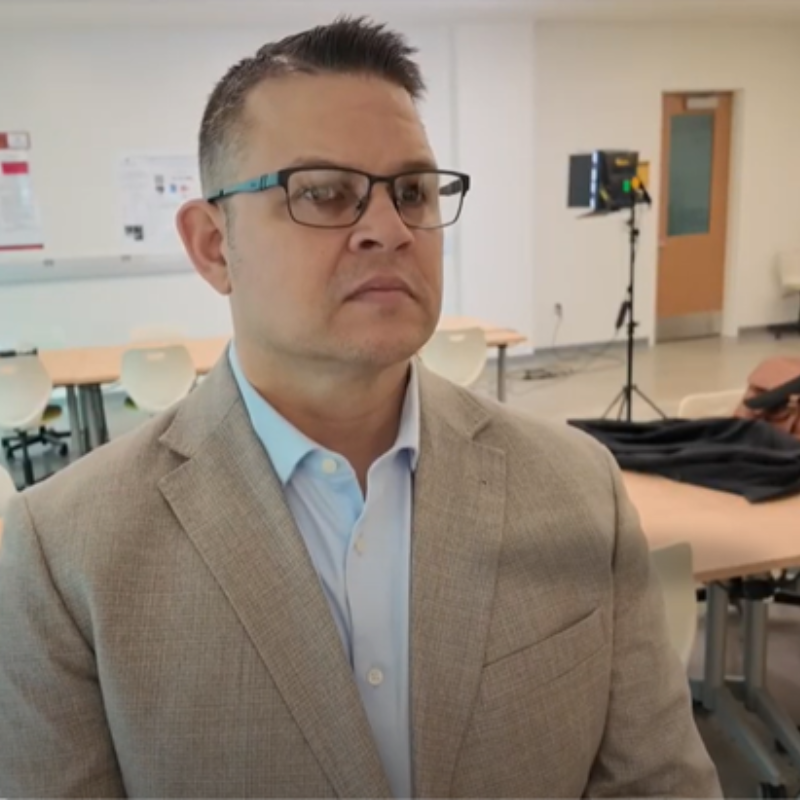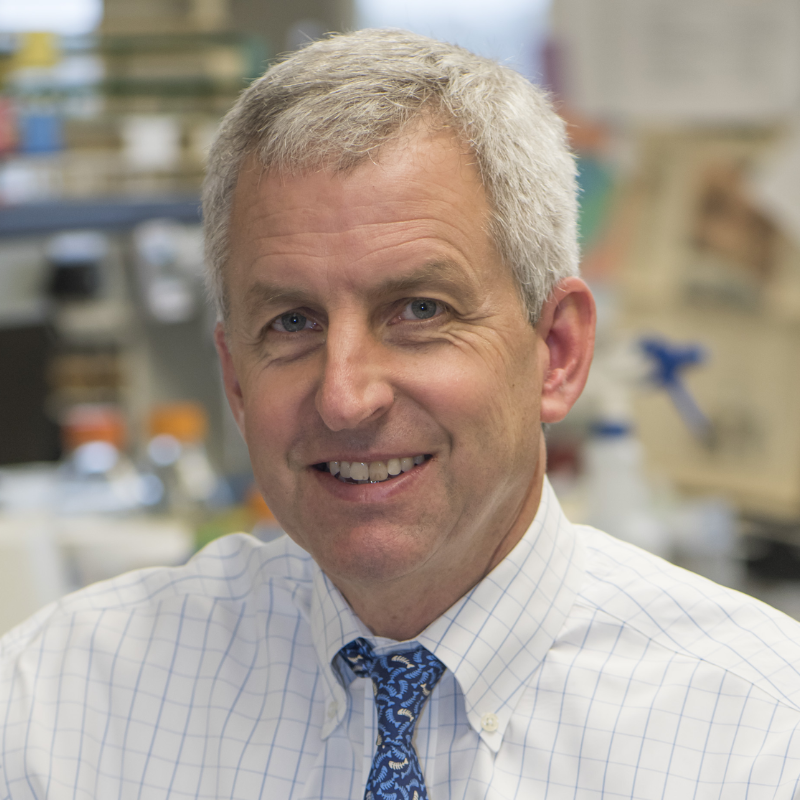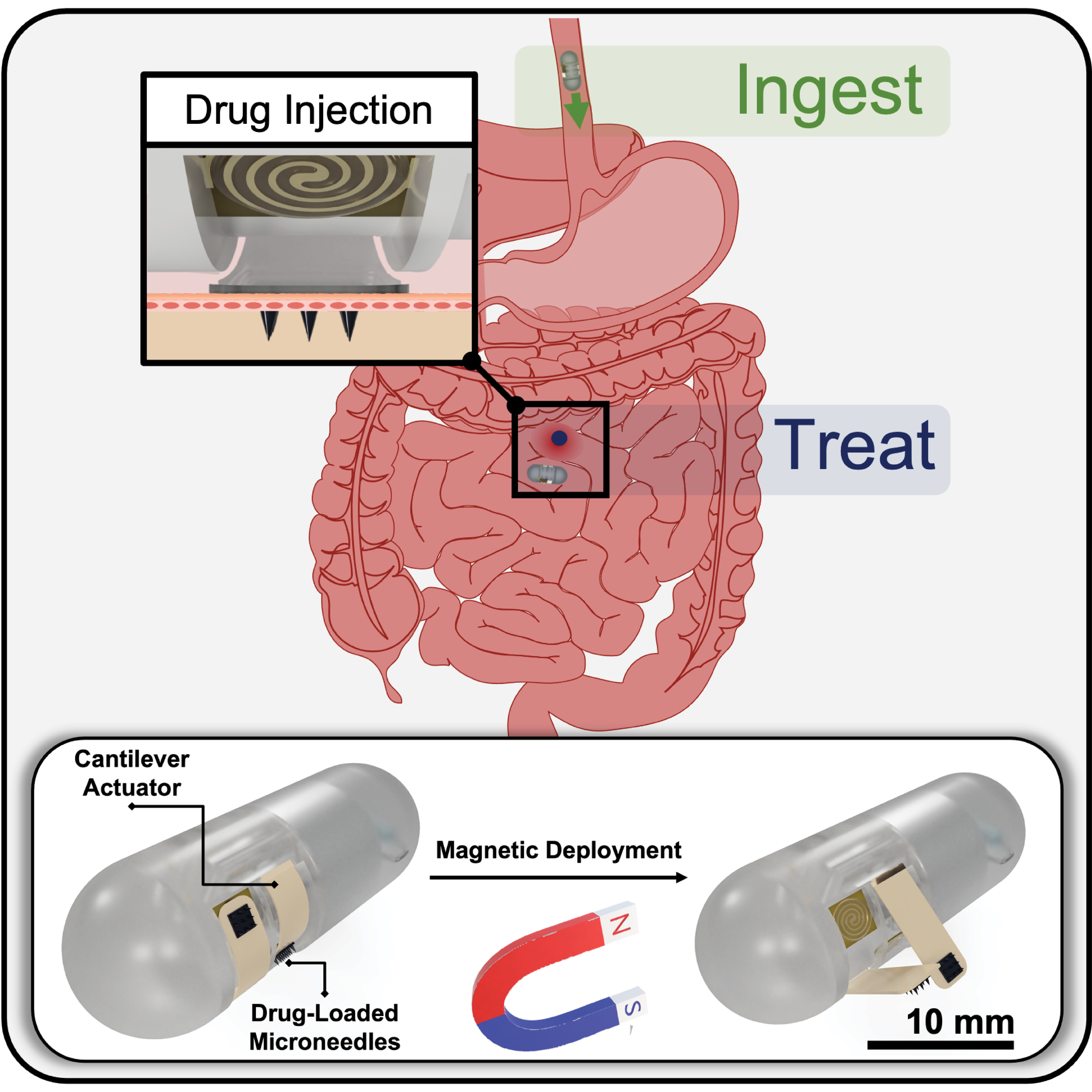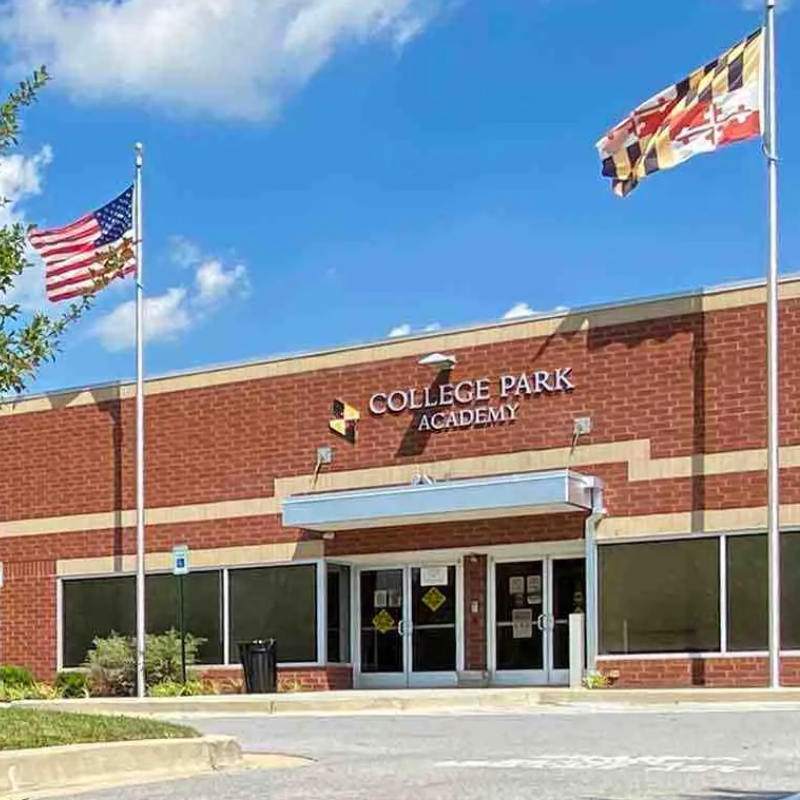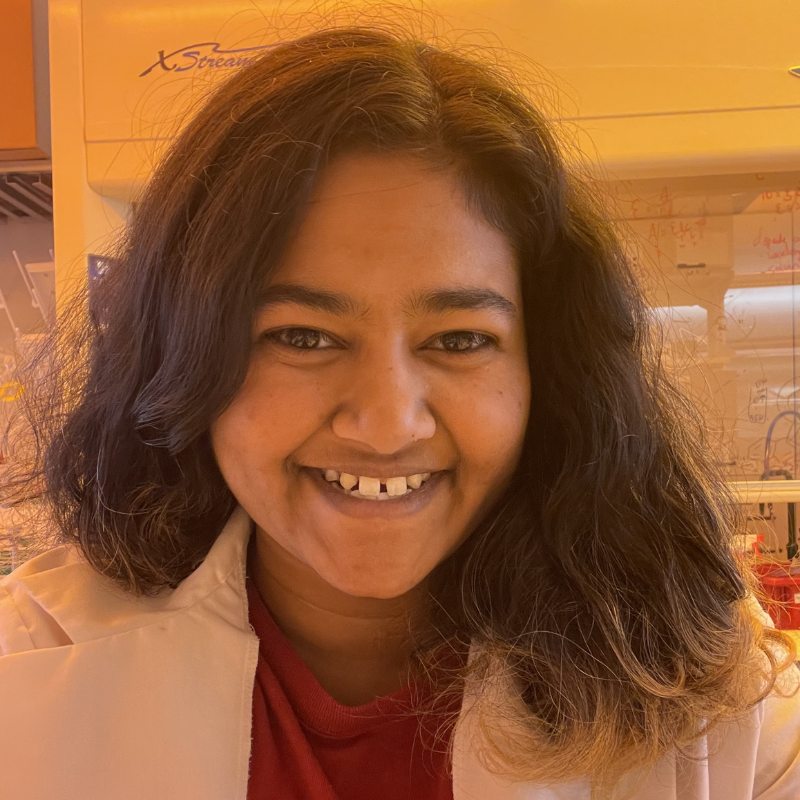News Story
BIOE, Fischell Institute Faculty Make Strong Showing at Invention of the Year Awards

Researchers from the Fischell Department of Bioengineering (BIOE) and the Robert E. Fischell Institute for Biomedical Devices celebrated a strong showing at this year's University of Maryland Invention of the Year Awards.
Each year, UMD honors exceptional inventions that have the potential to influence science, society, and the free market. A total of nine Invention of the Year award nominees were named across three categories: Physical Sciences, Life Sciences, and Information Sciences. Three nominees featured researchers with ties to BIOE and/or the Institute.
Top prize in this year's Invention of the Year award for the Life Sciences category went to Reza Ghodssi (Herbert Rabin Distinguished Chair in Engineering, Department of Electrical and Computer Engineering and Institute for Systems Research [ISR]; and BIOE affiliate professor), Pradeep Rajasekaran (ISR post-doctoral researcher); and Ryan Huiszoon (BIOE and ISR Ph.D. student). The team was recognized for their project, flexible urinary catheter inserts to detect and prevent bacterial infections.
Catheters are often used to help drain urine from the body in patients suffering from a variety of illnesses. However, bacterial biofilm often forms on the surface of catheters, infecting the body. These bacterial biofilms can sometimes be difficult to treat, but Ghodssi, Rajasekaran, and Huiszoon have invented a method to delay or even prevent the biofilms from forming, detect the formation of bacterial biofilms, and alert physicians that the biofilm has formed, allowing for real-time monitoring and prompt intervention. Read more online.
The other two groups competing in the Life Sciences category also featured BIOE and Fischell Institute Faculty. Gregory Payne (Professor, BIOE and the Institute for Bioscience & Biotechnology Research [IBBR]), Mijeong Kang (IBBR post-doctoral associate), Eunkyoung Kim (IBBR research associate), and Deanna Kelly (Professor of Psychiatry, Affiliate Professor of Pharmacy Practice and Science, School of Medicine, University of Maryland, Baltimore) were recognized for their project, "Transformational Electronic Tool for Chemical Analysis: Oxidative Stress Detection."
Oxidative stress is long-term damage to cells which can lead to chronic conditions such as schizophrenia, cardiovascular disease, and cancer. A fast and safe method of measuring oxidative stress combined with other health markers could potentially lead to early detection of such diseases, but, unfortunately, no such test currently exists. However, Payne, Kang, im, and Kelly have invented a disruptive technology that uses iridium reducing salt and spectrographs to measure oxidative stress cheaply, quickly, and reliably. Read more online.
The third group competing in the Life Sciences category featured Hyuntaek Oh (Deartment of Chemical and Biomolecular Engineering [ChBE] alum) and Srinivasa Raghavan (Patrick and Marguerite Sung Professor of Cheimcal Engineering). The trio was recognized for their project, "Multicompartment Capsules Enabling Targeted and Programmable Multi-Drug Delivery."
The team invented a multi-compartment capsule system that mimics biological cells. Each capsule is capable of delivering a different payload, which makes them ideal for targeted drug delivery, drug abuse deterrence, and advanced materials synthesis.
Published April 12, 2017


